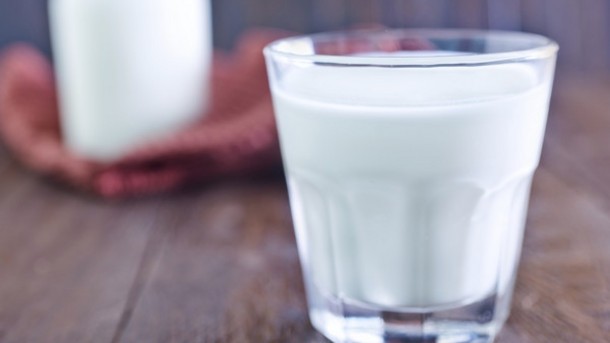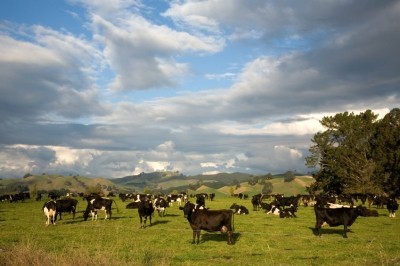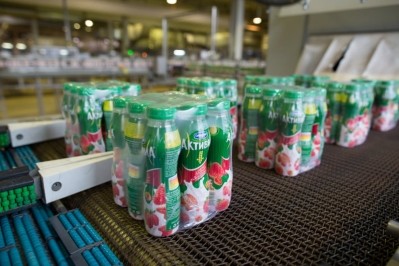Growing demand and low cost leaves milk prone to adulteration: Study

Published in Comprehensive Reviews in Food Science and Food Safety, the Queen's University study branded milk fraud "one of the most serious issues facing the dairy industry."
According to the report, Impact of Milk Fraud on Food Safety and Nutrition with Special Emphasis on Developing Countries, growing global demand for milk is driving an increase in the number of incidents of milk fraud.
"The high nutritional value of milk and its relative low cost compared with other protein sources has made it form a significant part of the diet of many populations worldwide," it said.
"However, increased demand globally has made milk prone to massive levels of fraudulent activity."
As detailed in the report, researchers at Queen's University in Belfast examined the impact of milk fraud on food safety and nutrition worldwide.
Led by Caroline Handford, a PhD student at the Institute for Global Food Security at Queen's University, the team focused on incidents of milk fraud in India, Pakistan, China and Brazil involving adulterants such as water, milk powder, sugars, vegetable oils, urea, melamine, hydrogen peroxide, caustic acid and detergents.
High risk commodity
According to the study, milk fraud in these countries is driven by one of two factors - financial gain or "ill-informed attempts to improve hygiene conditions."
"Milk is a high risk commodity of concern for fraudulent activities for financial gain whereby perpetrators may increase food safety hazards and diminish nutritional quality through intentional adulteration and/or malpractice under poor hygiene conditions, a lack of preservation, and no cooling facilities," it said.
"Milk may be adulterated to such an extent that there is significantly less nutritional value and it may also be toxic for public health, as shown in recent milk fraud scandals."
"Thus, more analysis is essential to generate awareness among the public about malpractices or negligence in milk production," it concluded.
Meanwhile, in the West there is a "much lower concern of milk fraud," it said.
In the European Union (EU), for example, which boasts some of the world's highest food safety standards, cases of milk fraud are "scare."
Source: Comprehensive Reviews in Food Science and Food Safety DOI: 10.1111/1541-4337.12181
Title: Impact of Milk Fraud on Food Safety and Nutrition with Special Emphasis on Developing Countries
Authors: Caroline Handford, Katrina Campbell, Christopher Elliott








